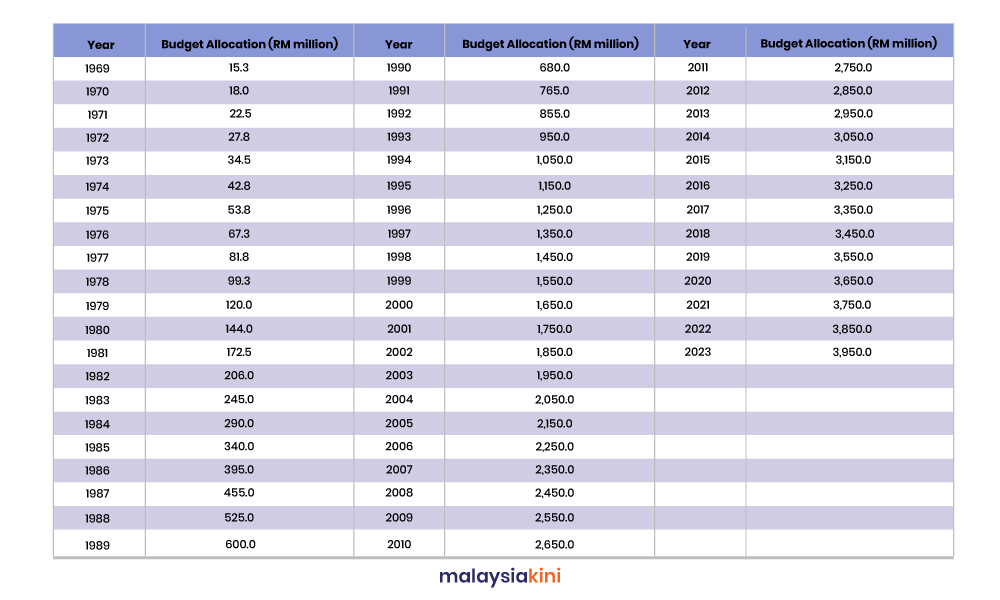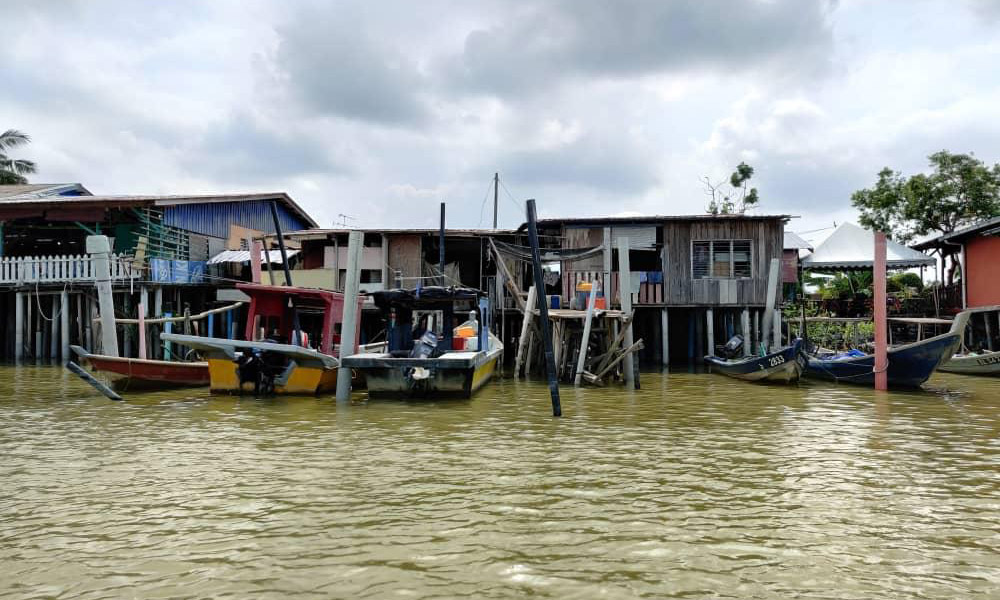The key question is - why is it that despite the enormous sum spent on programmes and projects intended to benefit fisheries and the fishing community, the community remains amongst the poorest in the country and fisheries development has been unimpressive?
The most underrated and under-appreciated sector in Malaysia must be the fishing industry and the fisherfolk who risk their lives to land the food which most Malaysians love but take for granted.
For most people enjoying fish and other seafood dishes, their only concern is the quality and the price of the marine items that go into the meal.
Little or no thought is given to the fisherfolk who eke out a difficult and dangerous living. These are self-employed families - mainly Malay and bumiputera.
Usually born into and carrying on the occupation of their fathers and forefathers, the male heads of these households, previously were tied to traditional methods and boats to land their small, often meagre catches.
However, during the last 50 years at least, the government has pumped billions of ringgit to mechanise and modernise the industry, increase catches and supposedly also improve the lives of this vital community of food producers.
Here is the annual budget allocation to the fisheries sector since 1969 according to the Fisheries Department:

From it, we see that the total financial allocation to fisheries since 1969 - the year of the NEP with its key prong of poverty eradication - comes up to at least RM80 billion. This does not take into account the tens of billions allocated to the sector by other agencies.
However, all available studies show the fishing community remaining amongst the poorest groups in the country.
Key questions
Several questions come to mind - why is it that, despite the enormous sum spent on programmes and projects to benefit the fishing industry, the community remains trapped in persistent and endemic poverty?
Why is it that with our close to 5,000km coastline and other advantages of infrastructure, logistics, etc, fish production has failed to keep pace with local demand?
It is truly shocking that the nation’s policymakers have not been able to bring the fishing community out of poverty.
It is equally shocking that Malaysia has yet to attain self-sufficiency in fisheries despite the very generous budgetary allocations and the nation’s great comparative advantage in our rich coastal and marine environment and resources.

In fact, we should be one of the leading marine and fish production nations in the world rather than one that has to import marine products and is lagging behind other countries that do not have the financial and natural resources that we have.
And our fishing communities should have enjoyed the socioeconomic mobility and development that others in the workforce have experienced.
The answers to these questions need to be demanded by everyone and not only by those who enjoy a fish meal.
P/S: If the RM4 billion ringgit allocated to the Fisheries Department next year is re-allocated to the 100,000 fisherfolk population in the country, each fishing household would receive an annual income of RM40,000. - Mkini
LIM TECK GHEE is a former senior official with the United Nations and World Bank.
The views expressed here are those of the author/contributor and do not necessarily represent the views of MMKtT.



No comments:
Post a Comment
Note: Only a member of this blog may post a comment.